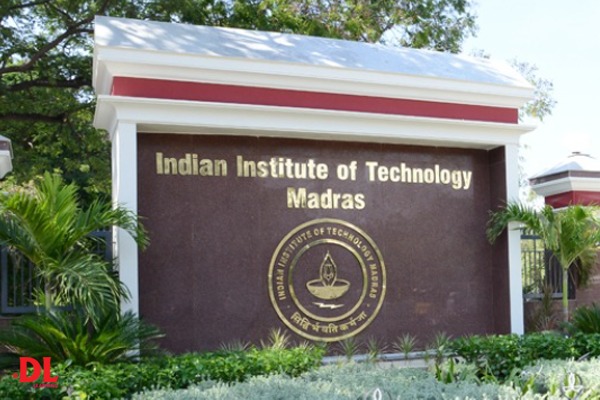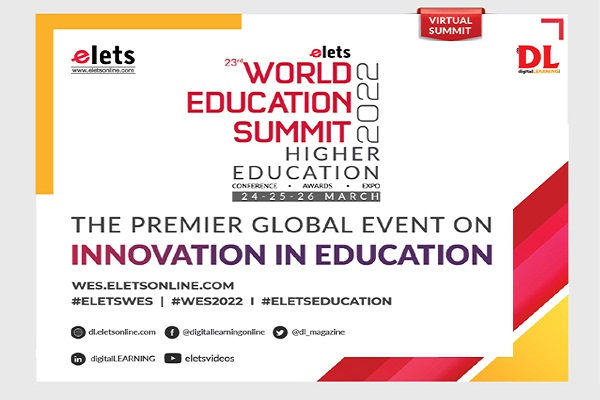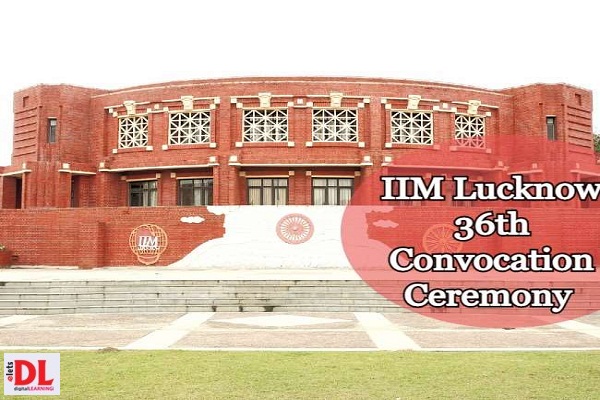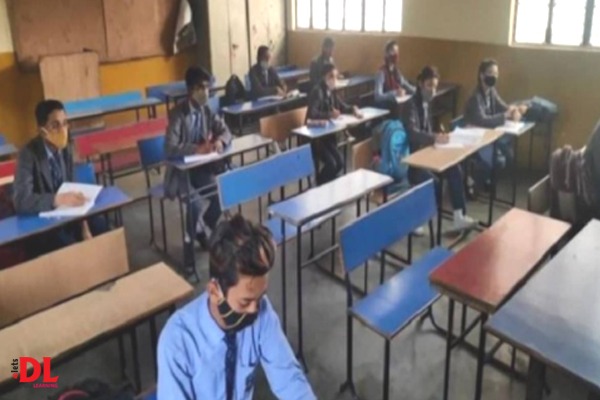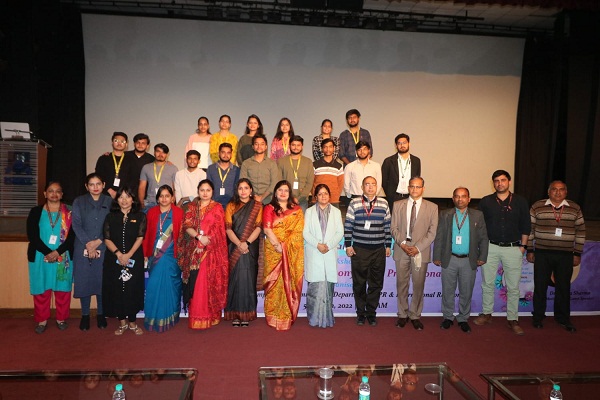Maharashtra
The Government of Maharashtra’s School Education and Sports Department has partnered with Khan Academy India to improve math learning outcomes for students across Grades 1-10 in government schools in Maharashtra. This partnership will enable access to high quality math learning content in Marathi so that students can learn in their own language. The first phase of the implementation will empower 488 model schools in Maharashtra with new math content and advanced online resources. Additionally, all teachers in these government schools will be trained to leverage online teaching resources and offer personalized learning experience based on progress data of individual students.
Since 2021, the Government of Maharashtra and Khan Academy India are working together to recreate Khan Academy’s high quality math content consisting of 700+ videos, articles, and practice exercises in Marathi which will be available on SCERT Maharashtra website in addition to Khan Academy. This will allow students to build a solid foundational understanding in Math, at their own pace, using any device and free of cost. Further, teachers will have access to necessary online tools and real-time data to identify learning gaps and address them, at a classroom and individual-level.
As a part of this partnership, the team at Khan Academy is working closely with the Maharashtra Government to educate over 2000 teachers, 36 District Nodal Officers, and 488 Principals on the use case of Khan Academy and how to use Khan Academy’s learning content and effectively implement personalized math learning in the classroom. In its first phase, the focus will be on successfully implementing a personalized math learning environment across 488 schools for over 1,00,000 learners in Maharashtra. This will further be extended to more schools and independent learners who can benefit by accessing the entire library of content for free.
Launching the Khan Academy initiative on International Women’s Day, Ms. Varsha Gaikwad, Minister of School Education, Maharashtra, expressed her profound excitement on the partnership. “It is our duty to offer the best quality education and facilities to our students who are the future of the society and the country. I am happy how organizations like Khan Academy are working together with the state government towards a common vision of creating better learning infrastructure.”
Talking about the initiative, Mr. Vishal Solanki, Commissioner, Education added “ Our partnership with Khan Academy is aimed at offering the best learning infrastructure to our learners aided by technology and world-class content in their own language. As schools are reopening, we are enabling a superior classroom experience that will help us address the learning gap in students by offering them personalized learning.” Additionally, Mr Devendra Singh, The SCERT Director, said, “I am delighted that the new math learning content will be on SCERT Maharashtra website in addition to Khan Academy enabling students to access world class education for free of cost.”
Commenting on this development, Mr. Sandeep Bapna, MD, Khan Academy India, said, “We are honored to be working with the Government of Maharashtra on this noble project of improving learning quality in government schools. We are jointly aligned in our vision towards making high quality educational content available for free in Marathi. We are grateful to the State for their support and for making their teaching resources available to us for creating this Marathi content.”
Khan Academy is committed to making world-class education accessible to students in India and all over the world and currently available in English, Hinglish, Hindi, Kannada, Punjabi, and Gujarati, aligned to the Indian curriculum.








